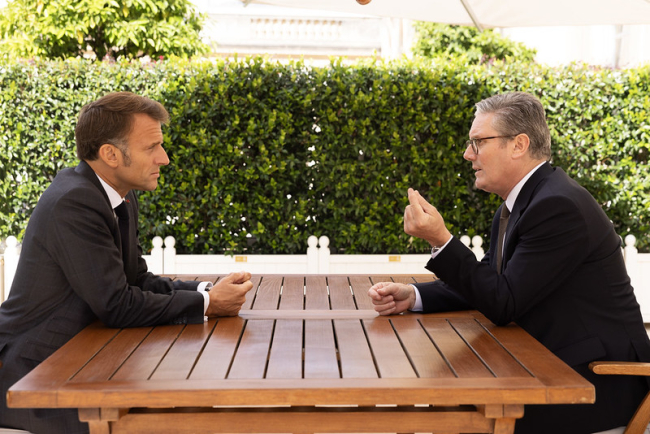The NPT and the Origins of NATO’s Nuclear Sharing Arrangements

Russia has recently accused the United States and NATO Allies of violating the Treaty on the Non-Proliferation of Nuclear Weapons (NPT) by arguing that NATO's nuclear sharing arrangements are not permitted under the Treaty.
On the contrary, the historical record shows that the text of the NPT was crafted by the US and the USSR, in close cooperation, precisely so that NATO's arrangements would be compatible with Treaty obligations – while also constraining the ability of non-nuclear states to acquire nuclear weapons. This paper shows how the US and USSR negotiated Articles I and II – the critical parts of the NPT pertaining to nuclear weapons proliferation. The US explored multiple options and sought to balance several (sometimes conflicting) objectives during these negotiations, from managing its key bilateral relationships (particularly with the USSR and West Germany), to strengthening NATO's defensive capacity and credibility, and, finally, to preventing the further spread of nuclear weapons. Ultimately, the NPT proved successful because the final text proved satisfactory to alleviate the concerns of all parties involved – the superpowers, NATO, the Warsaw Pact and the neutral non-aligned countries.

Available in:
Regions and themes
Share
Download the full analysis
This page contains only a summary of our work. If you would like to have access to all the information from our research on the subject, you can download the full version in PDF format.
The NPT and the Origins of NATO’s Nuclear Sharing Arrangements
Related centers and programs
Discover our other research centers and programsFind out more
Discover all our analysesSaudi Arabia’s Nuclear Temptations. Lessons Learned from Regional Instability
Saudi Arabia’s integration in the international arena and regional stability, notably through reducing its dependence on fossil energies, are crucial elements for the success of the Kingdom’s Vision 2030, the Crown Prince’s top priority. However, Mohammed bin Salman’s declarations in 2018 and 2021, indicating that “if Iran develops a nuclear bomb, we will follow suit as soon as possible”, combined with the recent strikes on key Iranian nuclear facilities, do not bode well for the future of the Kingdom, the region and the non-proliferation regime at large.
The Future of Air Superiority. Command of the Air in High Intensity Warfare
Air superiority, understood as control of the air, is a cornerstone of the Western art of warfare. It is a decisive condition, albeit not sufficient by itself, to achieve military victory, as it enables the concentration of air power toward the achievement of wider strategic objectives and protects other components from unbearable attrition levels. It is best achieved through the offensive use of air power in a joint effort to neutralize the enemy’s air power.
Europe Uncovered?
As Russia continues to threaten Europe, the Trump administration is making no secret of its desire to withdraw—at least partially—from the defense of the Old
Continent in order to focus on strategic competition with China. It is thus putting pressure on its European allies to increase their investment in the military sector. The NATO Summit in The Hague in June 2025 resulted in ambitious commitments by member states to increase their defense spending.
How should Britain and France cooperate to realise the Northwood Declaration?
During his state visit to the United Kingdom (UK) last week, Emmanuel Macron, President of France, signed a joint declaration with Sir Keir Starmer, Prime Minister, on nuclear cooperation between Britain and France. The Northwood Declaration highlights that while both countries’ nuclear arsenals remain sovereign, cooperation on nuclear deterrence can ‘contribute significantly’ to the security of the North Atlantic Treaty Organisation (NATO) and the Euro-Atlantic region.










